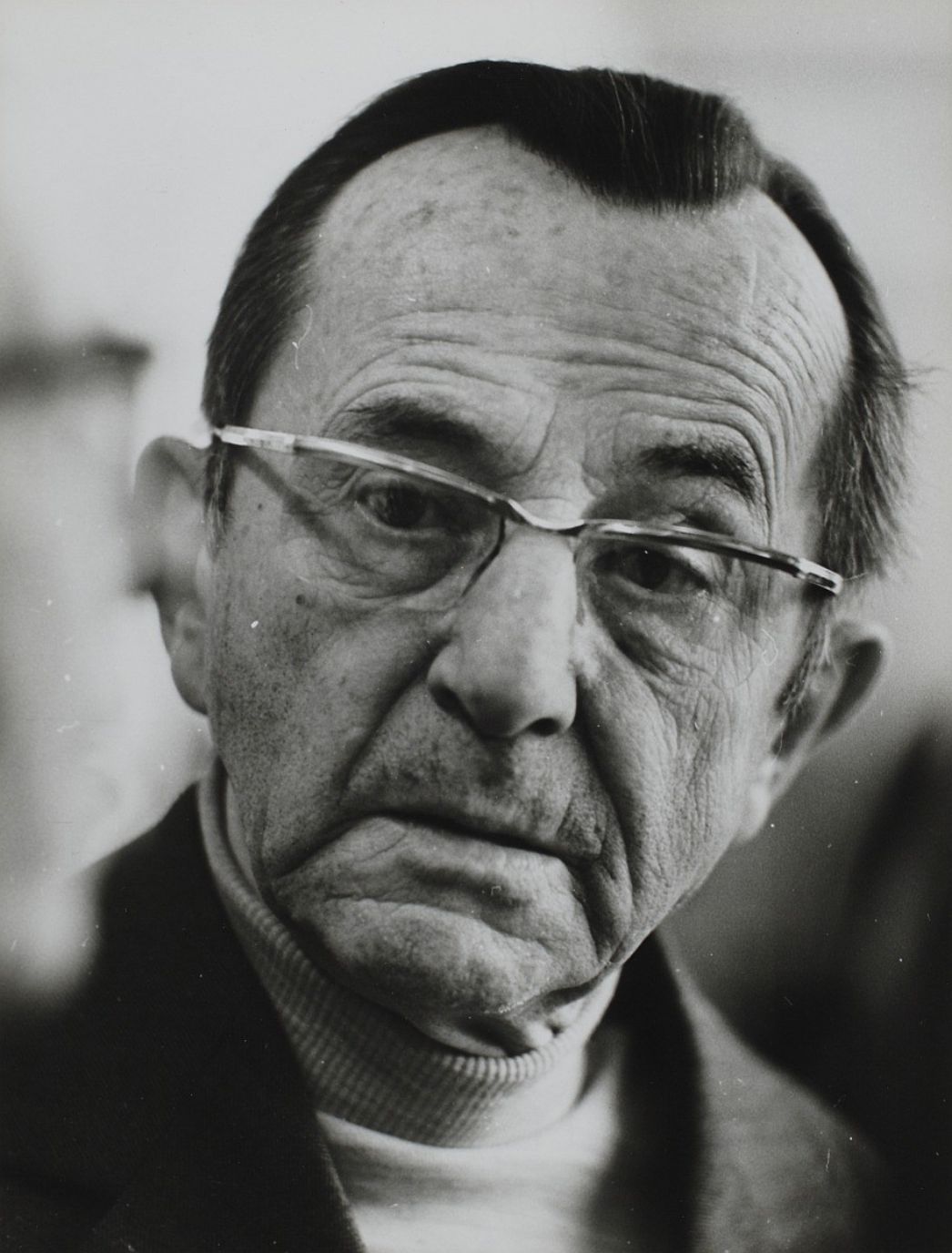
Bruno Apitz was born in Leipzig on 28 April 1900, the twelfth child in a working-class family. He trained as a punchcutter and worked at various jobs. Beginning in 1914, he was involved in the Social Democratic Workers’ Youth Organization. In August 1917, he was arrested at an anti-war demonstration and given a nineteen month sentence. In 1918, pardoned and released, he participated in the November Revolution. He was a member of the Young Communist League of Germany and in 1927 he joined the Communist Party of Germany (KPD). Apitz began writing poems, short stories and plays in 1917; in 1926 he took private acting lessons. Beginning in 1927, he was a playwright and director in the agitprop department of the KPD Leipzig, and from 1930 to 1933 he was chairman of the Association of Proletarian Revolutionary Authors in Leipzig.
Following imprisonment in Colditz and Sachsenburg Concentration Camps from May to July 1933, Apitz resumed work for the KPD. In October 1934, he was arrested again. Beginning in May 1935 he was in the Waldheim prison, and in 1937 he was transferred to Buchenwald Concentration Camp as a "political inmate". Apitz worked in sculpture, later in pathology. He wrote satirical texts and poems for the inmates’ cultural evenings; in 1944 he carved The Last Face in a piece of the so-called Goethe Oak.
Apitz co-authored Das war Buchenwald ("That was Buchenwald"), published in the summer of 1945. In 1946 he joined the SED (the state party of East Germany) and worked as an editor, dramaturge and functionary. He produced contemporary scenarios for film, radio and demonstrations. Beginning in 1954, he lived in Berlin as a freelance author. In 1958, his novel Naked among Wolves was published and later translated into more than thirty languages. It was turned into a film, directed by Frank Beyer, in 1963. In 1959, his novel Esther, written in the camp in 1944, was published. In 1961, Apitz became an official member of East Germany’s Academy of the Arts, and in 1965, he received the East German Patriotic Order of Merit, gold. After great efforts to deal with new subject matter, Der Regenbogen ("The Rainbow") was published in 1976, a family novel set in the working class milieu before the November Revolution 1918.
Bruno Apitz died in Berlin on 7 April 1979.


